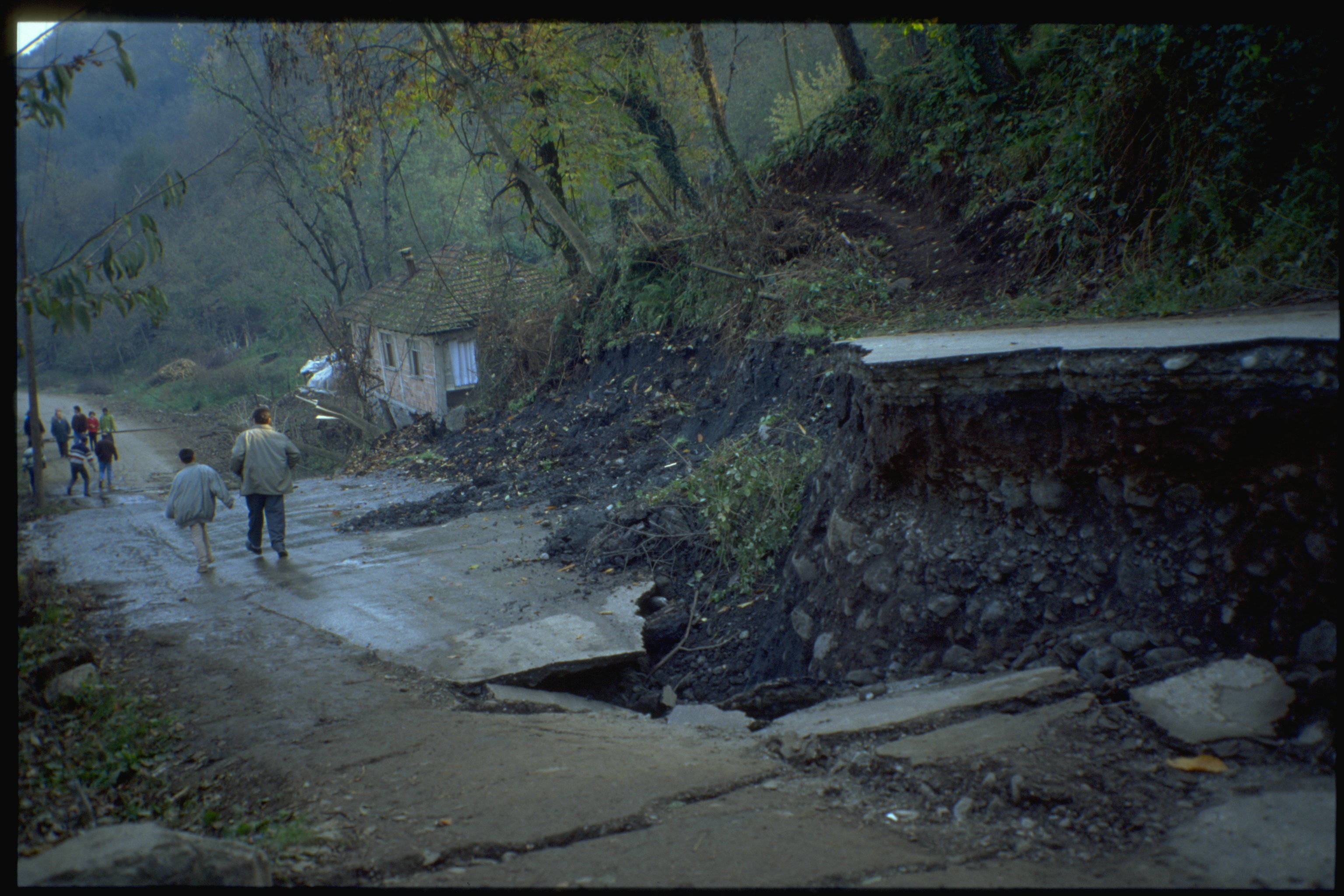All Categories
Featured
Table of Contents
What Is Geophysics? in Medina WA 2020
Are you looking for the right type of b-school? Link with MBA programs looking for candidates like you. Check out schools of all sizes, ranked colleges, city and big-campus schools and more. Apply. Pay. Prep. Research study. Be successful. We have actually got you covered. Link with master's programs around the country to get an edge over the competitors.

A geophysicist studies various aspects of the earth. According to the U.S. Geological Survey, they study gravity, magnetic, electrical, and seismic activity incidents. Geophysicists also document, evaluate, and take measurements of geographic functions and anomalies. Enjoy a video to learn what a geophysicist: Geophysicists should make a minimum of a bachelor's degree; however, this is for an entry-level position.
If you want study you should pursue a Ph. D. Undergraduate coursework usually includes geology, mathematics, ecological science, or physics. Postgraduate degree require more specific studies in the specialized of option. Areas can include oceanography, atmospheric physics, climatology, planetary, petroleum, environmental, and mining. Job prospects are higher if you have a strong background in computer technology or innovation.
Geophysicist, Exploration - Job Descriptions in Mount Hawthorn WA 2022
Access to these opportunities might be restricted depending on where you live; nevertheless, internships or summer programs with geophysical companies, university geophysics department, or the U.S. Geological Survey can be alternatives. You can discover a list of a list of chances on the United States Geological Survey (USGS) websites' Pathway Programs tab (opens in another link).
Geophysicists also work with computer systems while looking into, so computer courses can likewise be valuable, as discussed earlier in this article. Lots of geophysicists specialize in a location of geophysics.
A geophysicist's duties can include measuring, tracking, and documenting information from numerous physical residential or commercial properties on earth. Geophysicists typically have to take a trip worldwide to examine geological events that have actually happened or might have been predicted.
Frequently Asked Questions in Menora Aus 2023
Jay Wellik, a geophysicist, research studies volcanos. Geophysicists generally work full-time hours; nevertheless, they frequently work irregular hours, as pointed out previously.

You can find additional information about Geophysicists along with additional educational materials on the U.S. Geological Study website (links open in a brand-new window). Laura Stern, of the U.S. Geological Study at the Gas Hydrates Lab in Menlo Park, California: We make a variety of various hydrates in the laboratory.
We also make carbon dioxide hydrate, ethane hydrate, lp, a number of various structures. Liquid nitrogen is extremely cold. It has to do with 100 degrees chillier than the temperature at which these hydrate samples would dissociate, when they would break down to ice plus gas on the tabletop. In here we have a little piece of methane hydrate.
Geophysical Survey Equipment - Ground Penetrating Radar in Ridgewood Western Australia 2022
They look like snow, it looks like compressed snow but truthfully, it does consist of gas inside. It's reverting to ice plus gas and then as the ice would melt as it continues to warm, it will end up being water plus gas.
My name is Steve Kirby, I'm a Geophysicist here at the U.S. Geological Survey in Menlo Park. I work with Laura Stern who is also a Geophysicist in this lab that is dedicated towards the examination of planetary ices and gas hydrates. Gas hydrates in nature take place in really remote locations and they are extremely intricate with the interactions and conditions that they form under and samples that are brought up are under some sort of alternation or decay.
This is an unusual laboratory and there are only a handful of them worldwide and we are very lucky to be here at the Geological Survey and to have the chance of working on them. Bureau of Labor Statistics, U.S. Department of Labor, Occupational Outlook Handbook, Geoscientists. National Center for O * Internet Advancement.
Geophysicist: What Is It? And How To Become One? in Midland WA 2021
This video was produced by the federal government for the U.S. Geological Survey. The USGS Gas Hydrates Lab is funded by the Department of Energy and the USGS Gas Hydrates Task.
Latest Posts
Geophysical Surveys - U.s. Geological Survey in Wandi Western Australia 2023
Geophysics in Mount Claremont Aus 2020
Geophysical Survey in Casaurina Aus 2020